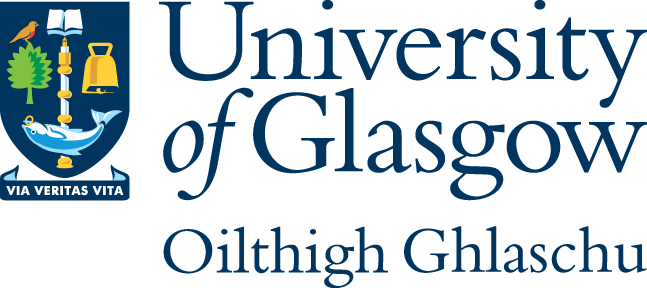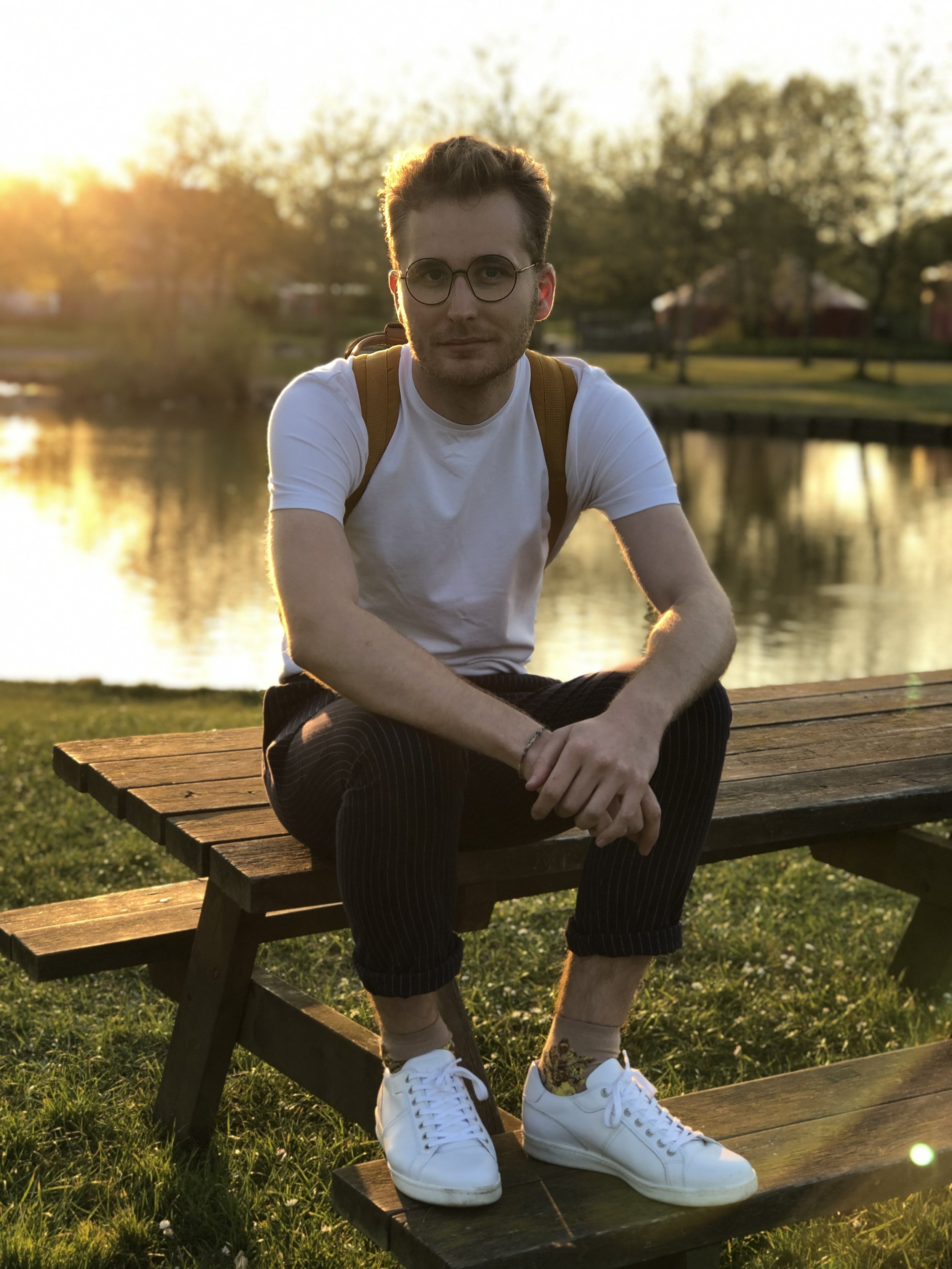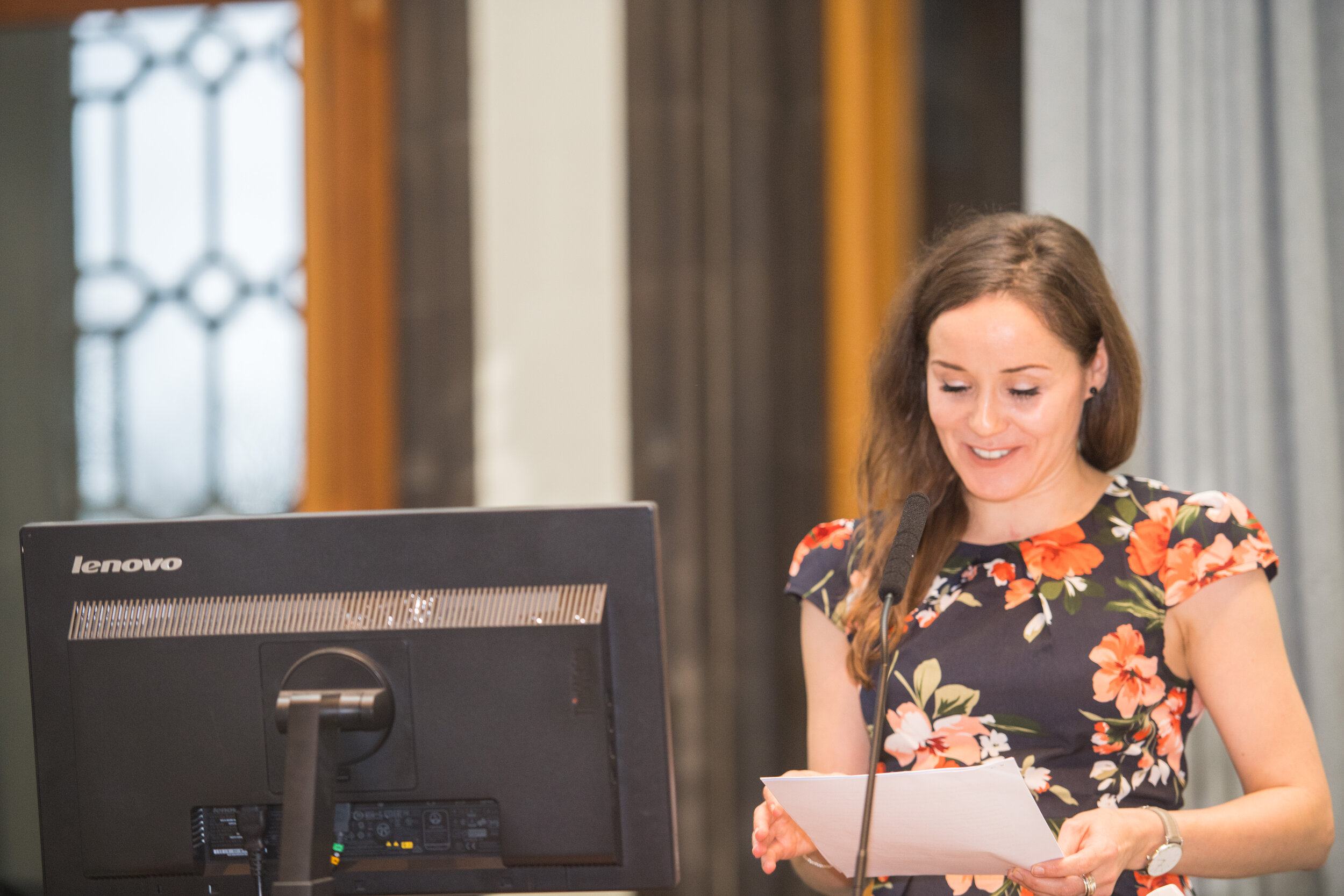Our Current Team Members
PROFESSOR BERNADETTE O'ROURKE
Bernadette O’Rourke is Professor of Sociolinguistics and Hispanic Studies at the University of Glasgow. She is author of Irish and Galician in the European Context (Palgrave 2011) and co-author (with Gabrielle Hogan-Brun) of the Palgrave Handbook of Minority Languages and Communities (2019) and New Speakers of Irish in a Global Context (with John Walsh). She was Chair of a COST Action on New Speakers in a Multilingual Europe (2013-17) and Fellow of the Smithsonian Center for Folklife and Cultural Heritage on the Sustaining Minoritized Languages in Europe (SMiLE) project.
DR ALEJANDRO DAYÁN-FERNÁNDEZ
Alejandro is a Postdoctoral Researcher at the University of Glasgow specialised in diaspora sociolinguistics. His PhD studied the ethnolinguistic mobilisation strategies undertaken by Galician diaspora communities in the UK, examining diasporic group-making processes imbued with power dynamics between speakers of the majority (Spanish) and minoritised (Galician) heritage languages in spaces of collective action. The thesis unveiled issues related to the promotion of Galician (or lack thereof) by Galician Centres in the diaspora, constraints regarding widening participation among community members alienated by restrictive political cultures, and intergenerational clashes about the renewal of diasporic spaces based on contending ethnolinguistic stances. He is the co-author of a forthcoming volume edited by Multilingual Matters titled: Agency in the Peripheries: Examining European Language Revitalisation Practices on the Ground.
DR ERIN MCNULTY
Erin, originally from the Isle of Man, is a Research Associate working on the ‘Gaelic Connect’ project at the University of Glasgow. She recently completed her PhD, also at Glasgow. Her UKRI-funded PhD research focussed on the relationship between linguistic structure, identity, and language ideologies among New Speakers of revitalised Manx Gaelic. A speaker of Manx Gaelic, Erin has also undertaken research on linguistic variation in New Speakers of Manx for her MPhil dissertation at the University of Cambridge. She also holds a BA in French and Linguistics from the University of Oxford.
Erin has been involved with multiple research projects and working groups involving Manx, Celtic languages, and minoritized languages more widely. These include the recently-founded Manx Language Research Group, the Association of Celtic Students, and a Visiting Fellowship at the Centre for Folklife and Cultural Heritage, part of the Smithsonian Institution in Washington, D.C.
LOUIS COEYMAN
Louis Coeyman is a PhD student working with the University of Glasgow and Education Scotland on a Collaborative Doctoral Award funded by the Scottish Graduate School for Arts and Humanities. He received his Master’s degree in Language Documentation & Description from SOAS University of London and has strong research interests in language planning/policy and endangered language revitalisation. While his current doctoral research focuses on the Scots language revitalisation, Louis is also interested in Picard and other minority languages.
ERIN MCINERNEY
Erin McInerney is a Ph.D. student in sociolinguistics studying the interplay of language and social media. She is particularly interested in how multilingual repertoires and ‘the multilingual self’ can be commodified on the social media platform Instagram. Her current research centres on language use at the Café de Flore Instagram geotag, from which she is building a new corpus of Instagram data for linguists and scholars in the digital humanities. You can view this work on Instagram by searching @CorpusdeFlore.
Erin has also undertaken research on multilingualism in special populations. Her work has centred most frequently on bilingual individuals diagnosed with Trisomy 21. Representing the University of Fribourg, Erin is a contributor to the Erasmus+ project “Capito! Compris! Understood! Understood!”, a transnational assignment that unites scholars from Italy, Austria, Ireland and Switzerland. The project applies previous research in linguistics to the development of new linguistic guidelines for easy-to-understand language in French, German, English and Italian. Collaboratively, the project strives to bring greater accessibility to language by highlighting and catering to the diversity speakers we meet every day.
Erin’s doctoral research is supported by an international collaboration between the University of Glasgow and the University of Strasbourg. Outside of academia, Erin enjoys listening to podcasts and riding her bike. She is also an avid cook.
Rasha Albulayhid
Rasha Albulayhid, originally from Saudi Arabia, is a PhD student working on the ‘Family language policy of Saudi Academic sojourner families’ project at the University of Glasgow, funded by the Saudi Arabian Cultural Bureau (SACB) through the Ministry of Education, Saudi Arabia.
Rasha has also carried out research projects on sociolinguistics topics related to language and identity construction of Saudi sojourner children in the UK for her MA dissertation at Bangor University. She holds a bachelor’s degree in English Studies from the College of Art at Jouf University, Saudi Arabia.
Rasha has been involved with workshops and conferences associated with Language Policy, including Family Language Policy doctoral-led workshops at the Language and Society Cluster at the University of Glasgow.
Hamid Boudiaf
Hamid Boudiaf is a PhD candidate in Sociolinguistics at the University of Glasgow, originally from Algeria. His research focuses on immigration, transnationalism, and how the Kabyle people, an ethnic minority from Algeria, recreate their sense of "home" in Scotland. Through his work, Hamid explores the intersection of language, identity, and diaspora, offering valuable insights into how ethnic and linguistic minorities maintain cultural continuity in transnational contexts.
His research is funded by the Algerian Ministry of Higher Education, reflecting the significance of his work both locally and internationally. Alongside his doctoral studies, Hamid has worked as a Graduate Teaching Assistant in the School of Modern Languages and Cultures (SMLC) at the University of Glasgow, contributing to the academic community through teaching and mentorship. He has also made other professional contributions to small research projects focused on ethnic and linguistic identity among minority communities.
Passionate about the complexities of cultural and linguistic identity in migration, Hamid's work aims to broaden understanding of sociolinguistic diversity, especially within marginalized communities.
Our Former Team Members
EÒGHANN DICKSON
Euan Dickson is a researcher of sociolinguistics and Gaelic speaker working and living in Glasgow. He has previously worked on research projects with Heriot-Watt University and the University of Edinburgh studying reading acquisition in Gaelic in Gaelic Medium Education.
Euan is a graduate of Celtic Studies at the University of Edinburgh and is currently studying for a MSc in Applied Economics at the University of Strathclyde. He also teaches Gaelic as part of North Lanarkshire Council’s Community Learning and Development provision.
Euan is currently working as a Research Assistant on a few projects at the University of Glasgow. The first project is a study on “Breathing Spaces” for Gaelic speakers in Glasgow which is funded by the British Academy. The second is a project funded by Bòrd na Gàidhlig collaborating with Aon Ghlaschu to explore promoting Gaelic in Glasgow.
CHRISTOPHER OATES
Christopher Oates is a doctoral researcher in the Celtic and Scottish Studies department at the University of Edinburgh. His current research focuses on the social usage of Gaelic in modern-day Glasgow. Christopher received a First-Class Honours degree in Law from the University of York in 2016, where he first took a research interest in Celtic languages, completing a dissertation focusing on language rights in the Welsh, Scottish Gaelic and Irish contexts. In 2018 he completed an MSc by Research in Celtic Studies at the University of Edinburgh, examining existing research and drawing on advances in urban sociolinguistic theory to review Gaelic’s past and current presence in Glasgow, and assess potential avenues for future Gaelic language research and promotion in the city.
Since May 2021, Christopher has been working with Aon Ghlaschu and Glasgow City Council on survey analysis as part of a six-month internship sponsored by the Centre for Doctoral Training in Celtic Languages.
FIONA DUNN
Fiona Dunn is an award-winning policy and development professional with particular expertise in minority language policy in higher education. She has spent 15 years working in Gaelic development and is a former non-executive board member of NDPB, Bòrd na Gàidhlig.
In 2009, she was the first Gaelic Language Officer to be appointed to an ancient Scottish university and went on to author two statutory Gaelic language plans on behalf of the University of Glasgow and established the University’s first policy and development service for Gaelic.
In June 2021, Fiona joined the Scottish Government’s Directorate for Environment and Forestry, drawing upon her original degree in Outdoor Education.
She continues to contribute to the University of Glasgow’s work on minority language planning in an advisory capacity.
KIRSTY MACDOUGALL
Kirsty MacDougall is a native Gaelic speaker from Bernisdale on the Isle of Skye and in 2019, was awarded a First-Class Honours degree in Gaelic and Politics from the University of Aberdeen. Kirsty’s undergraduate research explored the extent of intergenerational transmission in her home community of Bernisdale.
In 2020, and as part of an MSc by Research in Celtic Studies at the University of Edinburgh, Kirsty went on to research reverse diglossia as an influence on the communicative relationships between older and younger Gaelic speakers on the Isle of Skye.
Kirsty worked as a Research Assistant at the University of Glasgow working on two research projects funded by Bòrd na Gàidhlig.
‘Boosting Gaelic conversation between fluent native speakers’ based on the Isle of Harris’
‘Support for new online communities and virtual spaces for Gaelic in the context of COVID-19’ based on the experiences of Gaelic speakers in Glasgow and Edinburgh.’










